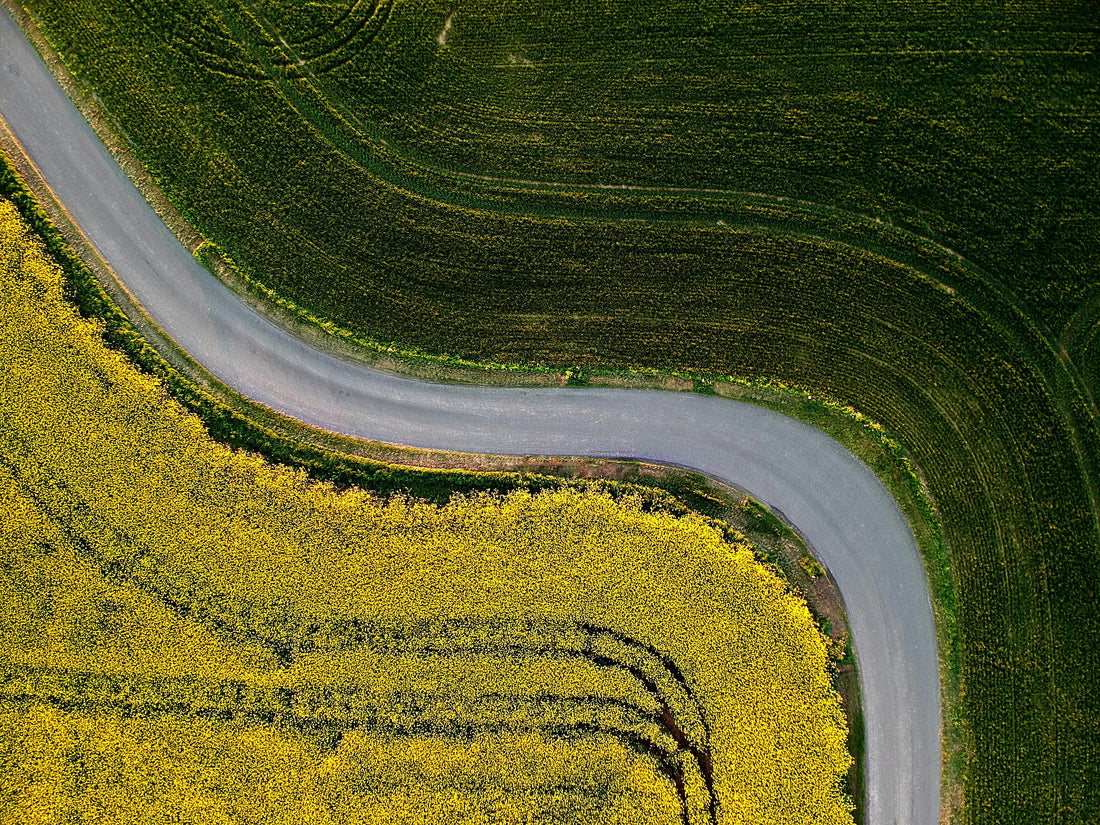
The Required Skills and Competencies of an Agricultural Drone Pilot in New Zealand
Share
Agricultural drone technology has revolutionised farming practices across New Zealand, transforming how farmers monitor, manage, and maximise their agricultural operations.
Behind these technological marvels are skilled professionals known as agricultural drone pilots, who blend technical expertise, agricultural knowledge, and cutting-edge technology to support the country's vital farming sector.
Technical Proficiency and Licencing
Becoming an agricultural drone pilot in New Zealand requires a robust set of technical skills and formal qualifications. Pilots must first obtain a Part 102 certification from the Civil Aviation Authority (CAA), which involves comprehensive training in drone operation, safety protocols, and regulatory compliance. This certification is crucial, as New Zealand has stringent regulations governing commercial drone use in agricultural settings.
Beyond basic certification, successful agricultural drone pilots must demonstrate advanced technical competencies, including:
- Precise drone navigation and control techniques
- Advanced understanding of drone mapping and imaging technologies
- Proficiency in GPS and Geographic Information System (GIS) technologies
- Ability to calibrate and maintain complex drone equipment
- Understanding of data collection and analysis software
Agricultural and Environmental Knowledge
Technical skills alone are insufficient for agricultural drone pilots. A deep understanding of agricultural systems, crop science, and environmental conditions is equally critical. New Zealand's diverse agricultural landscape, from dairy farms in the Waikato to vineyards in Marlborough, demands pilots who can interpret complex agricultural data and understand specific regional agricultural challenges.
Key agricultural competencies include:
- Comprehensive knowledge of crop types and growth stages
- Understanding of soil health and vegetation indices
- Ability to identify crop stress, disease, and nutrient deficiencies
- Awareness of seasonal agricultural cycles and regional variations
- Comprehension of precision agriculture techniques
Data Analysis and Interpretation
Modern agricultural drone pilots are essentially flying data scientists. They must be able to collect, process, and translate complex aerial imagery and sensor data into actionable insights for farmers. This requires advanced analytical skills and proficiency with specialised software platforms that can generate detailed crop health maps, yield predictions, and precision agriculture recommendations.
Safety and Regulatory Compliance
New Zealand's agricultural drone pilots operate in challenging environments that demand exceptional safety awareness. Pilots must navigate complex terrain, manage potential risks to livestock and workers, and comply with strict aviation and privacy regulations. This requires:
- Comprehensive risk assessment skills
- Detailed flight planning capabilities
- Understanding of weather impact on drone operations
- Knowledge of privacy laws and agricultural property regulations
- Emergency management and contingency planning expertise
Technological Adaptability
The rapid evolution of drone technology requires agricultural drone pilots to be continuous learners. They must stay updated on the latest drone models, sensor technologies, and data analysis tools. This necessitates:
- A commitment to ongoing professional development
- Quick adaptation to new technological innovations
- Understanding of emerging agricultural technology trends
- Participation in industry workshops and training programs
Personal Attributes
Beyond technical skills, successful agricultural drone pilots typically possess unique personal characteristics:
- Exceptional attention to detail
- Strong problem-solving capabilities
- Physical and mental resilience
- Excellent communication skills
- Ability to work independently and as part of agricultural teams
Conclusion
Agricultural drone pilots represent a new breed of agricultural professionals in New Zealand. They are technological innovators, data analysts, and critical support providers for the country's agricultural sector.
As farming continues to embrace technological solutions, the role of these skilled professionals will become increasingly vital in driving agricultural efficiency, sustainability, and productivity.
For aspiring agricultural drone pilots, the path requires dedication, continuous learning, and a passion for both technology and agriculture. Take a look at the online drone training courses that are avpexailable to help you start and further your career.



